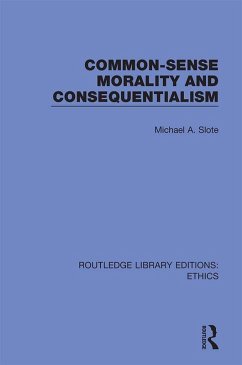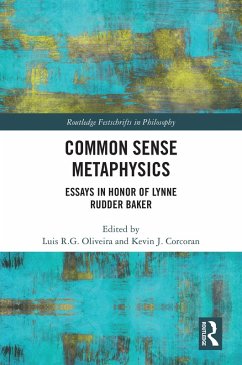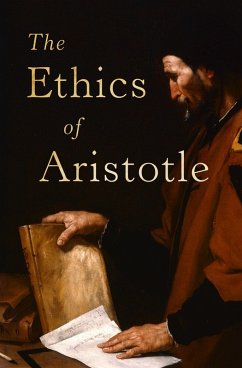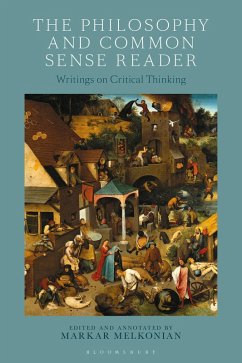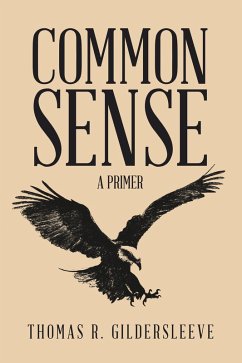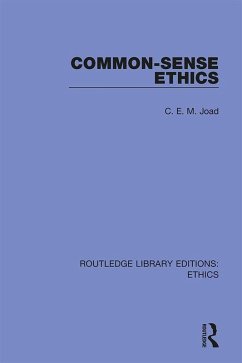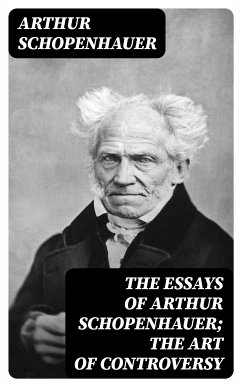
Old-Fashioned Ethics and Common-Sense Metaphysics (eBook, ePUB)
With Some of Their Applications

PAYBACK Punkte
0 °P sammeln!
In "Old-Fashioned Ethics and Common-Sense Metaphysics," William Thomas Thornton presents a thoughtful examination of moral philosophy through a distinctly 19th-century lens. The book articulates a systematic approach to ethics, intertwining metaphysical concepts with practical moral reasoning. Thornton employs a clear, accessible prose style, reflecting the traditions of Utilitarianism and Rationalism while critiquing contemporary moral debates, making a case for a return to foundational ethical principles grounded in common sense. His work engages with the pressing social issues of his time, ...
In "Old-Fashioned Ethics and Common-Sense Metaphysics," William Thomas Thornton presents a thoughtful examination of moral philosophy through a distinctly 19th-century lens. The book articulates a systematic approach to ethics, intertwining metaphysical concepts with practical moral reasoning. Thornton employs a clear, accessible prose style, reflecting the traditions of Utilitarianism and Rationalism while critiquing contemporary moral debates, making a case for a return to foundational ethical principles grounded in common sense. His work engages with the pressing social issues of his time, exploring how ethics can inform actions in an evolving society. William Thomas Thornton, a prominent English philosopher and economist, champions the value of traditional morals amidst the rapid changes of the Industrial Revolution. With a background steeped in the empirical philosophies of his predecessors, Thornton's academic pursuits reflect a deep concern for societal welfare and individual responsibility. His diverse experiences in economics and moral philosophy uniquely position him to address the intersections between ethical theory and everyday life, offering insights that remain relevant today. Readers seeking a profound understanding of ethics and metaphysics will find in Thornton's work a compelling and timely exploration. This book is not just an academic treatise; it invites readers to reflect on their own moral frameworks and encourages a thoughtful discourse on what constitutes true ethical living.
Dieser Download kann aus rechtlichen Gründen nur mit Rechnungsadresse in A, B, BG, CY, CZ, D, DK, EW, E, FIN, F, GR, H, IRL, I, LT, L, LR, M, NL, PL, P, R, S, SLO, SK ausgeliefert werden.





